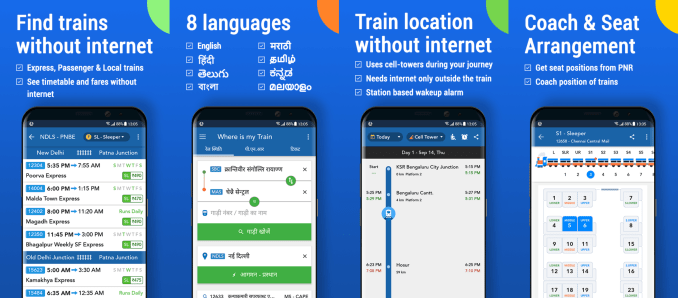Apple has filed an appeal to overturn a court decision that could ban iPhone sales in China, the company said on Monday, adding that all of its models remain available in its third-largest market.
The American giant is locked in a legal battle in the world’s biggest smartphone market. On Monday, Qualcomm announced that a court in Fujian Province has granted a preliminary injunction banning the import and sales of old iPhone models in China because they violated two patents owned by the American chipmaker.
The patents in question relate to features enabling consumers to edit photos and manage apps on smartphone touchscreens, according to Qualcomm.
“Apple continues to benefit from our intellectual property while refusing to compensate us. These Court orders are further confirmation of the strength of Qualcomm’s vast patent portfolio,” said Don Rosenberg, executive vice president and general counsel of Qualcomm, in a statement.
Apple fought back in a statement calling Qualcomm’s effort to ban its products “another desperate move by a company whose illegal practices are under investigation by regulators around the world.” It also claimed that Qualcomm is asserting three patents they had never raised before, including one which has already been invalidated.
It is unclear at this point what final effects the court injunction will have on Apple’s sales in China.
The case is part of an ongoing global patent dispute between Qualcomm and Apple, which saw the former seek to block the manufacturing and sale of iPhones in China over patent issues pertaining to payments last year.
Qualcomm shares were up 3 percent on Monday. Apple opened down more than 2 percent before closing up 0.7 percent. Citi lowered its Apple price target to $200 a share from $240 a share, saying in a note to investors that while it does not expect China to ban or impose additional tariffs on Apple, “should this occur Apple has material exposure to China.”
The Apple case comes as the tech giant faces intensifying competition in China, which represented 18 percent of its total sales from the third quarter. The American company’s market share in China shrunk from 7.2 percent to 6.7 percent year-over-year in the second quarter as local competitors Huawei and Oppo gained more ground, according to market research firm IDC.
The annual drop is due to Apple’s high prices, IDC suggests, but its name “is still very strong in China” and “the company will fare well should it release slightly cheaper options later in the year.”
from Apple – TechCrunch https://ift.tt/2GcwyoR
 The app got a
The app got a 